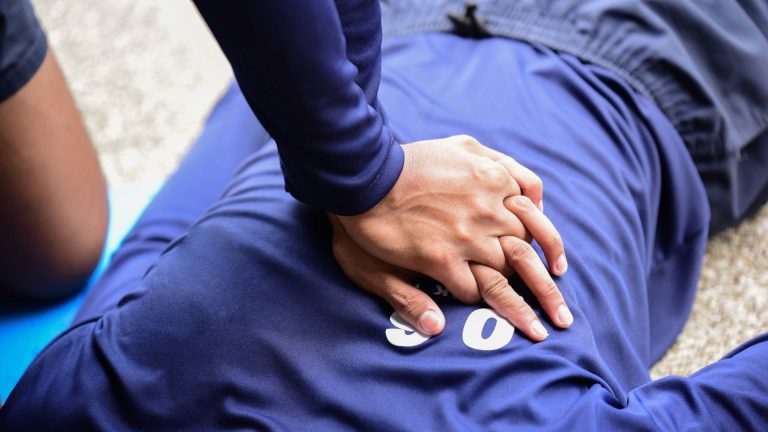When emergencies happen, quick action can save a life—but sometimes, performing CPR is not the right choice. While most people are taught that immediate chest compressions and rescue breaths are critical, there are very specific circumstances when starting CPR may actually be inappropriate. Knowing these scenarios is just as important as knowing when to act. In fact, experts outline 5 situations when you do not perform CPR to ensure safety, respect, and medical accuracy.
Why Knowing the Exceptions Matters
CPR (Cardiopulmonary Resuscitation) can mean the difference between life and death in a crisis. However, it’s not a one-size-fits-all solution. In some cases, attempting CPR could place the rescuer at risk, violate a person’s wishes, or even cause more harm than good.
For healthcare professionals, childcare workers, and fitness trainers, understanding these exceptions is vital. It helps you respond appropriately while respecting both ethical and legal guidelines. For parents and caregivers, this knowledge prevents panic-driven mistakes during emergencies.
1. When the Environment Is Unsafe
The very first step in any emergency response is assessing the scene. If the environment poses a direct threat to the rescuer—such as fire, toxic fumes, live electrical wires, or violent surroundings—CPR should not be performed until the area is safe. Attempting to help in a dangerous environment risks creating a second victim.
Key takeaway: Always protect yourself first. A rescuer who becomes injured cannot provide effective aid.
2. When the Person Has Obvious Signs of Death
If an individual shows unmistakable signs of irreversible death—such as rigor mortis, decapitation, decomposition, or dependent lividity—CPR should not be attempted. In these cases, resuscitation efforts will not be successful, and attempting them may traumatize others or waste valuable emergency resources.
Key takeaway: CPR is meant to restore breathing and circulation, not reverse death that has already clearly occurred.
3. When a Valid Do Not Resuscitate (DNR) Order Exists
Many individuals with chronic or terminal conditions choose to have a Do Not Resuscitate (DNR) order. This legal document, signed by a physician, instructs medical providers not to attempt resuscitation in the event of cardiac or respiratory arrest.
For healthcare professionals, respecting a DNR order is not only ethical but also legally binding. Even outside of medical facilities, if a DNR bracelet or documentation is present, CPR should not be started.
Key takeaway: Always respect the patient’s wishes and legal documents regarding resuscitation.
4. When There Are Lethal Injuries Incompatible with Life
If a victim has injuries that are clearly incompatible with survival—such as decapitation, massive head trauma with brain tissue exposure, or catastrophic chest injury—CPR is not appropriate. These injuries make survival impossible, and resuscitation efforts cannot alter the outcome.
Key takeaway: CPR cannot overcome catastrophic physical trauma that eliminates the possibility of life.
5. When Performing CPR Would Cause Greater Harm
In rare situations, CPR may cause more harm than good. For example:
- If the rescuer has not been trained and attempts CPR incorrectly, it could lead to injury without benefit.
- If the rescuer is physically unable to perform compressions effectively, attempts may be ineffective and dangerous.
- If CPR prevents access to timely professional medical interventions (such as delaying defibrillation when an AED is available), it could worsen outcomes.
Key takeaway: When in doubt, focus on activating emergency medical services and using available equipment like AEDs.
The Importance of Training and Good Judgment
Knowing when not to perform CPR is just as crucial as knowing how to perform it. Training provides not only the skills for chest compressions and rescue breaths but also the judgment to make the right call in complex situations.
For professionals, this knowledge ensures compliance with workplace protocols and legal standards. For parents, caregivers, and community members, it reduces panic and promotes responsible decision-making.
Final Thoughts
CPR is one of the most important lifesaving skills a person can learn. But equally important is the understanding that there are moments when CPR should not be performed. Recognizing these five situations can help protect both rescuers and patients, ensuring that responses in emergencies are both safe and respectful.
If you want to strengthen your knowledge of when and how to act during an emergency, comprehensive online training is available through Simple CPR. Their courses prepare you not only to perform CPR correctly but also to recognize when it should not be used. Investing in this training ensures you are confident, prepared, and capable of making the best decisions when seconds count.



